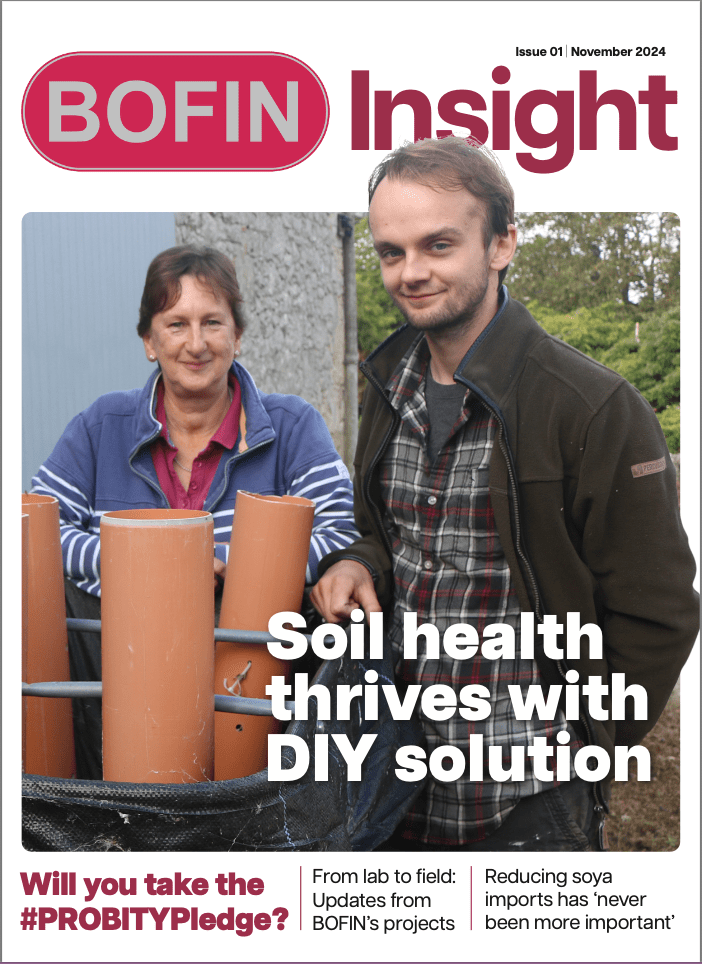Thriving Roots Underpinning Total soil Health (TRUTH) is creating a farmer-led platform to quantify and evaluate soil/root interactions and explore the capabilities of a novel sensor that can ‘smell’ a soil’s biological signature.
Farmers in the TRUTH project will soon be trialling a wheat variety that can moderate its own nitrogen supply. Originating from Iran, this particular wheat landrace is part of the historic Watkins collection at the John Innes Centre in Norwich where research scientist Dr Maria Hernandez-Soriano discovered it had some special abilities.
She explains: “What is interesting about this particular wheat, is that it has demonstrated capacity to decrease the transformation of ammonium into nitrate in the soil. This is believed to be an adaptive trait.
“Some wheat cultivars have evolved to put compounds in the soil that can help the plant uptake nitrogen from soils where this essential nutrient is not particularly abundant.”
By slowing down activity of soil microbes that quickly transform ammonium into nitrate it allows the plant to make better use of ammonium and nitrogen in the soil. This means less nitrogen from fertilisers potentially being lost to the environment and more being taken up and used by the plant.
Maria and fellow researchers have identified where in the wheat’s genome the capability to control these microbes is. They are now working on identifying the specific compound responsible for its nitrogen- monitoring abilities. These types of compounds have been identified in some sorghum, rice and wild grasses.
“We haven’t observed that same capability or trait in any commercial wheat cultivars yet, so that is remarkable,” Maria continues.
Seeds of these promising wheat cultivars have been multiplied at the centre’s research farm near Norwich and will be distributed to farmers working on the TRUTH project.
It is one of several varieties that the 20 Root Rangers will be growing in 1ha plots alongside farm standard varieties. Trial plots will be thoroughly tested using metagenomics and soil nitrification measurements.
“This means we can prove that there is not only suppression or control of the nitrifying microbes, but a suppression of the action,” Maria concludes.
Comparing the roots of this variety to those of farm standard wheat cultivars should therefore help quantify the impact of the Watkins cultivar on microbial action, and ultimately prove (or disprove) its ability to moderate its own nitrogen supply.
TRUTH is a three-year £1m research programme, led by BOFIN alongside four partners. Launched in 2024 it is funded by the Farming Futures R&D fund, part of Defra’s Farming Innovation Programme which is delivered by Innovate UK. Project number: 10085980.
Visit bofin.org.uk/truthproject to find out more.
Found in:
Issue #1

Will you take the #PROBITYPledge?
Root Rangers to trial ‘remarkable’ wheat
Turning witchcraft into wizardry
Reducing soya imports has ‘never been so important’
Cracking the code for ‘slug-resistant’ wheat